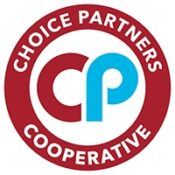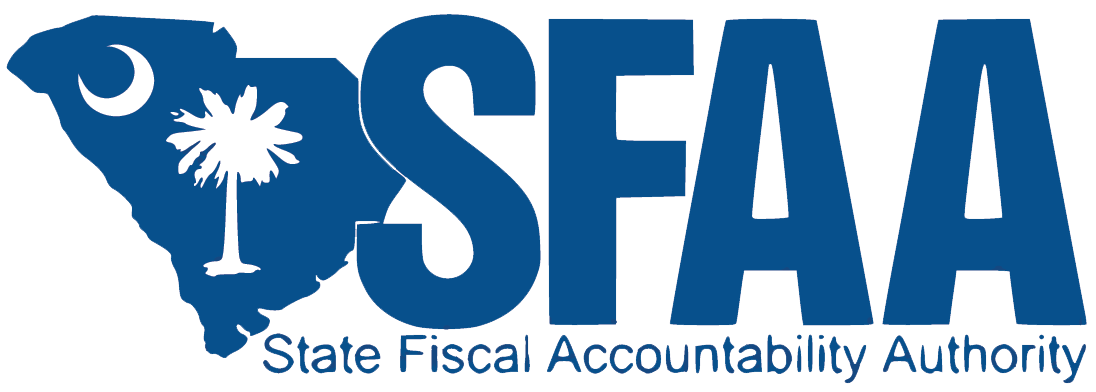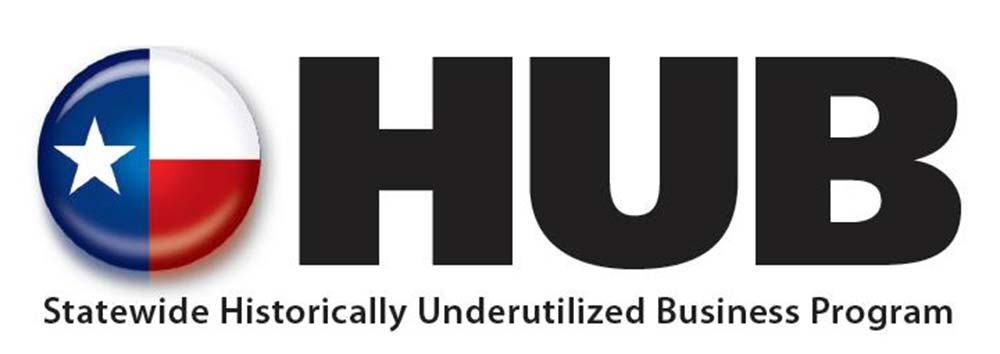Dealing with Operational Procurement Decisions: An Essential Guide for Procurement Specialists
In procurement, the operational decisions deal with the day-to-day activities of the procurement process. From selecting the appropriate ordering process to managing overdue orders and reducing costs, these decisions play a crucial role in ensuring the smooth functioning of the procurement department. This blog will delve into these critical areas and provide insights into how procurement specialists can effectively manage operational procurement decisions.
Selecting the Most Appropriate Ordering Process
Choosing the proper ordering process is paramount in procurement. The choice should be guided by factors such as the nature of the goods or services being procured, the quantity, the urgency, and the supplier’s reliability. For instance, a blanket order might suit regular, low-value purchases from reliable suppliers. On the other hand, for high-value, one-off assets, a formal purchase order may be more appropriate.
Addressing Quality Issues
Quality issues can significantly impact an organization’s operations and reputation. Hence, procurement specialists should have mechanisms to identify and address quality issues promptly. This could involve conducting regular supplier audits, establishing a robust quality inspection process, and working closely with suppliers to rectify quality issues.
Follow-up
Following up with suppliers is an essential part of the procurement process. It helps ensure that the supplier understands the order requirements and is on track to deliver as per the agreed terms. Regular follow-ups can help identify and address potential issues early, preventing delays and misunderstandings.
Overdue Orders
Managing overdue orders can be a challenging but necessary aspect of procurement. This involves monitoring delivery dates, communicating with suppliers to understand the reasons for the delay, and taking appropriate action, which could range from renegotiating delivery dates to finding alternative suppliers.
Expediting
Expediting refers to ensuring timely delivery of orders by taking proactive steps such as confirming order details with the supplier, closely monitoring the order status, and intervening when necessary to prevent or resolve delays. While expediting can help ensure timely delivery, it can also increase operational costs. Therefore, it should be used judiciously.
The Payment Process
A streamlined payment process can improve supplier relationships, reduce administrative costs, and prevent late penalties. This involves verifying invoices, ensuring timely payments, and resolving payment-related issues. Automation can play a crucial role in streamlining the payment process.
Reducing the Cost of Procurement: Small Value Purchase Orders
Small-value purchase orders, while seemingly insignificant, can add up to significant costs due to the administrative effort involved in processing them. Reducing the cost of these orders can include consolidating orders, implementing a procurement card system, or leveraging e-procurement tools.
Managing operational procurement decisions effectively can significantly enhance the efficiency and effectiveness of the procurement function. As procurement specialists, understanding these operational aspects and implementing best practices can help you navigate the complexities of procurement and contribute significantly to your organization’s success.














